“`html
Installing Windows 11 on Unsupported Hardware: A Deep Dive
The landscape of Windows operating systems is constantly evolving, and Microsoft’s approach to Windows 11 is no exception. While many users have smoothly transitioned to the new OS, some have found themselves in a gray area, particularly regarding hardware compatibility. This article explores Microsoft’s latest stance on installing Windows 11 on unsupported hardware, what it means for users, and how to navigate the complexities of this situation.
Windows 11 Adoption and the Hardware Dilemma
Despite the initial buzz, the adoption rate for Windows 11 has seen its share of ups and downs. Windows 10 still holds a substantial market share, with many users hesitant or unable to upgrade due to strict hardware requirements. As Microsoft’s own data shows, a significant portion of users are still on Windows 10, and many might be wondering why.
The primary obstacle for many has been the minimum system requirements set by Microsoft, which include specifications like TPM 2.0 and specific processor generations. This has left older, perfectly functional machines unable to officially install Windows 11.
Microsoft’s Shifting Stance: A Closer Look
Microsoft’s official communication regarding installing Windows 11 on unsupported hardware has been a bit of a tightrope walk. Initially, they emphasized the importance of adhering to minimum system requirements, citing reliability and performance concerns. However, they also provided workarounds, almost hinting that they understand not everyone would meet the criteria.
The “Not Recommended” Path
The official documentation from Microsoft now acknowledges that users can install Windows 11 on devices that do not meet the minimum requirements. However, they are very clear about the risks. Here are the key takeaways:
- Compatibility Issues: Microsoft warns that devices not meeting the system requirements might experience compatibility issues, leading to malfunctions.
- No Guaranteed Updates: These systems are not guaranteed to receive updates, including security updates, which is a significant concern.
- Warranty Void: Damages caused by compatibility issues are not covered under manufacturer warranties.
The User’s Responsibility
When installing Windows 11 on unsupported hardware, users are required to accept the terms, acknowledging that they are proceeding at their own risk. This means you are essentially taking full responsibility for any potential issues that might arise.
Bypassing the System Requirements
Microsoft has always been aware that it’s possible to bypass the minimum system requirements for Windows 11. In fact, they even detail methods on their website, such as using registry keys.
This suggests that they understand the demand for the new OS, even if some users are on older hardware. However, while they permit bypassing system requirements, they continue to enforce the terms and agreements, leaving the onus of any issues on the user.
The Current Update Situation
Despite the warnings, as of now, users who have installed Windows 11 on unsupported hardware are still receiving all updates, including security updates. It remains uncertain whether Microsoft will continue this practice, especially as the end of life for Windows 10 approaches in October 2025.
Rolling Back to Windows 10
If you decide to install Windows 11 on unsupported hardware and encounter significant issues, you have the option to roll back to Windows 10. Here’s what you need to know:
- 10-Day Window: You have 10 days after upgrading to roll back.
- Recovery Options: If the “Go Back” option is grayed out in settings, it means you’ve exceeded the 10-day window, and you’ll have to perform a clean install.
- Password Reminder: Ensure you use the same password you had for Windows 10 to avoid being locked out.
The Future of Windows 11 on Unsupported Hardware
The core question remains: will Microsoft ever lower the system requirements for Windows 11 to accommodate more users? While it doesn’t appear they will change their official stance, they are acknowledging that some users will install Windows 11 on unsupported devices anyway.
The future is uncertain, especially in regards to whether Microsoft will stop updates for such systems. As of now, the situation revolves around accepting the terms, understanding the risks, and moving forward with a full awareness of the possible consequences.
For users looking for genuine software keys, Keys Galaxy provides a fast and reliable digital delivery service, ensuring you get the software you need promptly.
Disclaimer: Always ensure you’re downloading software from official sources.
Frequently Asked Questions (FAQ)
Keywords
Windows 11, Unsupported Hardware, System Requirements, TPM 2.0, Microsoft, Security Updates, Windows 10, Software Keys, Keys Galaxy, Operating System, Digital Delivery
“`

